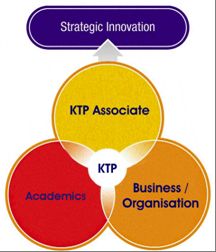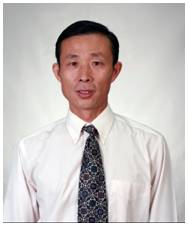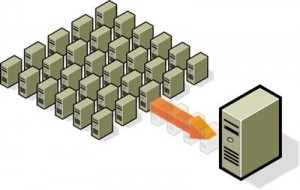If you’re looking for rapid project funding, pitch your idea on a new JISC website and receive feedback from your peers.
The JISC Elevator is a new beta platform for people to pitch ideas for projects up to £10,000 using video and short descriptions.
Once an idea has been submitted to the site, people working and studying in UK higher and further education will be able to vote if they like the idea.
When an idea receives the target number of votes then JISC will decide whether or not to fund the idea.
Andrew McGregor, who is managing the JISC Elevator, said: “JISC’s remit is to fund cutting edge innovation – so we hope that by creating a different platform for bidding we’ll be able to capture the brainwaves of many more people in colleges and universities, perhaps people who haven’t previously bid for JISC funds. The voting mechanisms on the Elevator will also allow us to respond directly to what’s important for people in further and higher education.”
The JISC Elevator is open to all kinds of ideas, with suggestions including:
- Innovate with e-books
- Start a student led project
- Open a can of worms – propose a technical project that starts a big conversation in your institution
- Use gaming principles to improve research or teaching processes
- Apply work previously funded by JISC to your own situation
 Create online services to help students make decisions about university
Create online services to help students make decisions about university- Develop cloud solutions to account for and monitor cloud security
For details on what kinds of idea JISC are looking for please see the submission criteria.
Successful projects will be notified in April and expected to complete by the end of July 2012.
Find out about our other funding opportunities
Give your feedback on the JISC Elevator










 The “Collaboration Tools for Academics” project has been looking to deliver a useful set of services to the academic community.
The “Collaboration Tools for Academics” project has been looking to deliver a useful set of services to the academic community. 











 REF Code of Practice consultation is open!
REF Code of Practice consultation is open! BU Leads AI-Driven Work Package in EU Horizon SUSHEAS Project
BU Leads AI-Driven Work Package in EU Horizon SUSHEAS Project Evidence Synthesis Centre open at Kathmandu University
Evidence Synthesis Centre open at Kathmandu University Expand Your Impact: Collaboration and Networking Workshops for Researchers
Expand Your Impact: Collaboration and Networking Workshops for Researchers ECR Funding Open Call: Research Culture & Community Grant – Apply now
ECR Funding Open Call: Research Culture & Community Grant – Apply now ECR Funding Open Call: Research Culture & Community Grant – Application Deadline Friday 12 December
ECR Funding Open Call: Research Culture & Community Grant – Application Deadline Friday 12 December MSCA Postdoctoral Fellowships 2025 Call
MSCA Postdoctoral Fellowships 2025 Call ERC Advanced Grant 2025 Webinar
ERC Advanced Grant 2025 Webinar Update on UKRO services
Update on UKRO services European research project exploring use of ‘virtual twins’ to better manage metabolic associated fatty liver disease
European research project exploring use of ‘virtual twins’ to better manage metabolic associated fatty liver disease